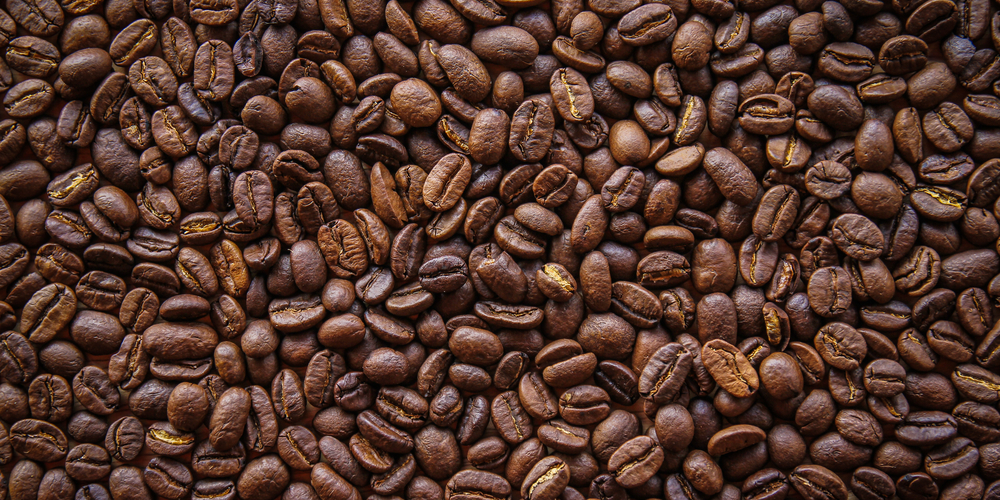What is caffeine?
Caffeine occurs naturally in the beans, leaves and fruits of more than 60 different types of plants in over 50 countries worldwide. It is found in coffee, tea, cocoa, chocolate and energy drinks, and is added to certain medications.
Coffee has a higher caffeine content than tea per cup, and ground coffee is much stronger than instant coffee. Even decaffeinated products contain a small amount if caffeine.
How does it affect you?
Caffeine is a stimulant that increases your heart rate and metabolism. Consumed in moderation, caffeine makes you feel more alert and energetic. Coffee is also known to be a mild diuretic (making you want to make urinate more often).
Is caffeine bad for you?

Evidence shows that a high consumption of caffeine over a long period of time can increase your blood pressure.
People who are sensitive to caffeine and those with high blood pressure should avoid caffeinated drinks.
If you are pregnant, you should also decrease your caffeine intake.
If you consume too much caffeine in a short space of time, it can make you shaky and give you a headache, so it isn’t a good idea to start the day with 3 double espressos no matter how tired you are.
Too much caffeine, especially late in the day, can give you trouble sleeping as well. Also, if you drink lots of tea and coffee, it may stain your teeth.
Is caffeine addictive?
Many people consume tea and coffee purely for their pleasurable taste and aroma, but lots of people claim that they can’t live without their morning cuppa.
There is some evidence to suggest that caffeine can be addictive and caffeine consumers may experience withdrawal symptoms, such as tiredness and headaches, if they cut caffeine from their diet.
Are energy drinks dangerous?

Energy drinks give you a temporary boost and are especially popular with young people.
They contain a very high concentration of caffeine, sometimes the equivalent of 7 cups of coffee, and many also contain an unhealthy amount of sugar.
Evidence suggests that a high consumption of energy drinks on a regular basis could be bad for your heart and should definitely be avoided by people sensitive to caffeine.
Does caffeine have any health benefits?

When consumed in moderation caffeine can make you feel more awake, boost your mood and increase you concentration.
Tea contains antioxidants and minerals such as zinc and potassium. Green tea is better for you than normal tea because although it comes from the same plant, it is processed differently, which means it retains more if its natural minerals and healthy properties.
Coffee can be good for your brain and nervous system. Studies claim that moderate coffee consumption can help to reduce the risk of Alzheimer’s and Parkinson’s Disease.
Conclusion
Excessive consumption of caffeinated products, especially energy drinks, over a long period of time could lead to health problems, and consuming too much caffeine in a short space of time could make you feel unwell, rather than more alert.
When consumed in moderation however, caffeine gives you a mental and physical energy boost and even has some health benefits.


